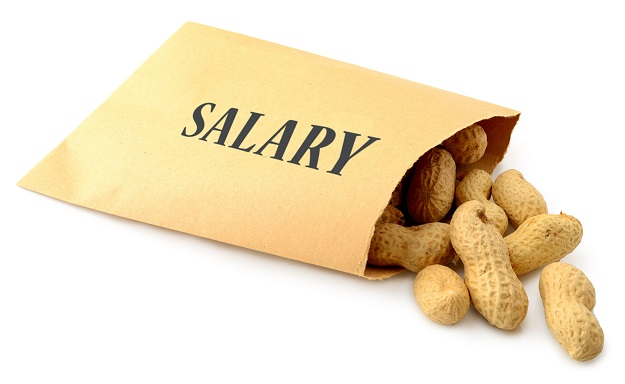 Robert Campbell
Robert Campbell
When I first started work in the NHS I was 16 years old and my take home pay for my first month at work was £23. I gave my mother £10 and bought a corduroy jacket.
I started on the Clerical grade and over the next 25 years of my career, I progressed through at least 7 of the old Whitley Council Administrative and Clerical grades. Salaried doctors, nurses and midwives pay grades, as well as ancillary workers such as cleaners and caretakers, had their salaries and pay grades looked after by Whitley Councils.
I joined a trade union, much to the disdain of my father, and took an interest in both pay and the terms and conditions given to NHS workers. The union was called the Association of National Health Services Officers and I became national president in 1989. ANHSO merged with UNISON in the early 90’s. It was very difficult for a trade union to negotiate with thousands of GP employers
which meant that few GP’s actually joined the trade union.
What must be remembered is that since the Doctors Pay Charter in the mid 60’s, GP practices enjoyed 70% reimbursement of ancillary staff salary costs, plus employers national insurance contributions. At the time it could be argued that there was no reason for GPs not to pay their staff in line with the NHS pay systems as they only had to find 30%. Over the years there would be cost of living increases annually on 1st April and there were improvements to annual leave and other terms and conditions of service.
Independent GP Employers reject Agenda for Change pay system
As independent employers contracted to the NHS it was open to GP practices to set their own local pay and contract conditions. UK employment legislation has enforced a 28 day requirement for annual leave, although some employers include bank and public holidays in this calculation and this may be the only contract conditions which GP practices offer in line with NHS contracts. Prior to the new GP contract in 2004, practice staff in the main enjoyed comparable NHS pay rates, but poorer contract conditions.
Prior to 1997 GPs also enjoyed the benefits of the NHS pensions but their practice staff did not. GP practices after that date were required to permit staff to join the NHS scheme unless they opted out. However, some have been reluctant to administer the scheme particularly as the budgets offered to practice in 2004 did not fairly reflect the additional cost of paying the employers 14% contribution to NHS Pension Scheme.
AFC – too much hassle to introduce!
The relative security of the old NHS pay system used by many practices was in my view given a knock-out blow by the introduction of the new NHS Agenda for Change system. This system replaced the numerous Whitley Council pay grades by introducing one common banding system and in the mainstream NHS; a slotting in and grading review system took place, which probably upset quite a few apple carts. In simple terms AFC offered better incremental progress for staff over a period of five or more years, but in my experience GP employers were not prepared to improve the salaries of staff who had already reached the top of the old pay scales.
Whitley survives?
Many practices have continued to use the old Whitley scales and have increased salaries in line with NHS pay settlements but have not adopted AFC pay scales. The Whitley Council annual pay scales continued to be published until 2005 after which only Agenda for Change pay scales have been published. Practice Managers have methodically adjusted the old Whitley scales each year. In my view this acts to discourage former mainstream NHS staff such as nurses seeking a career in general practice. Practice Managers moving from PCTs end up with a worse deal. Practices also have not always adopted payments for unsocial hours such as evenings, early mornings and weekends and the following of old pay scales also decreases the value of staff pensions.
So sadly after almost 50 years working both in the mainstream management of the NHS and in general practice I cannot understand why GPs are not prepared to pay their staff NHS rates. In my view Practice Managers, practice nurses and practice staff have become the poor relations. Practice staff who work in a salaried GP practice run by NHS England are more likely to enjoy the NHS pay system. Now is that fair?





0 Comments